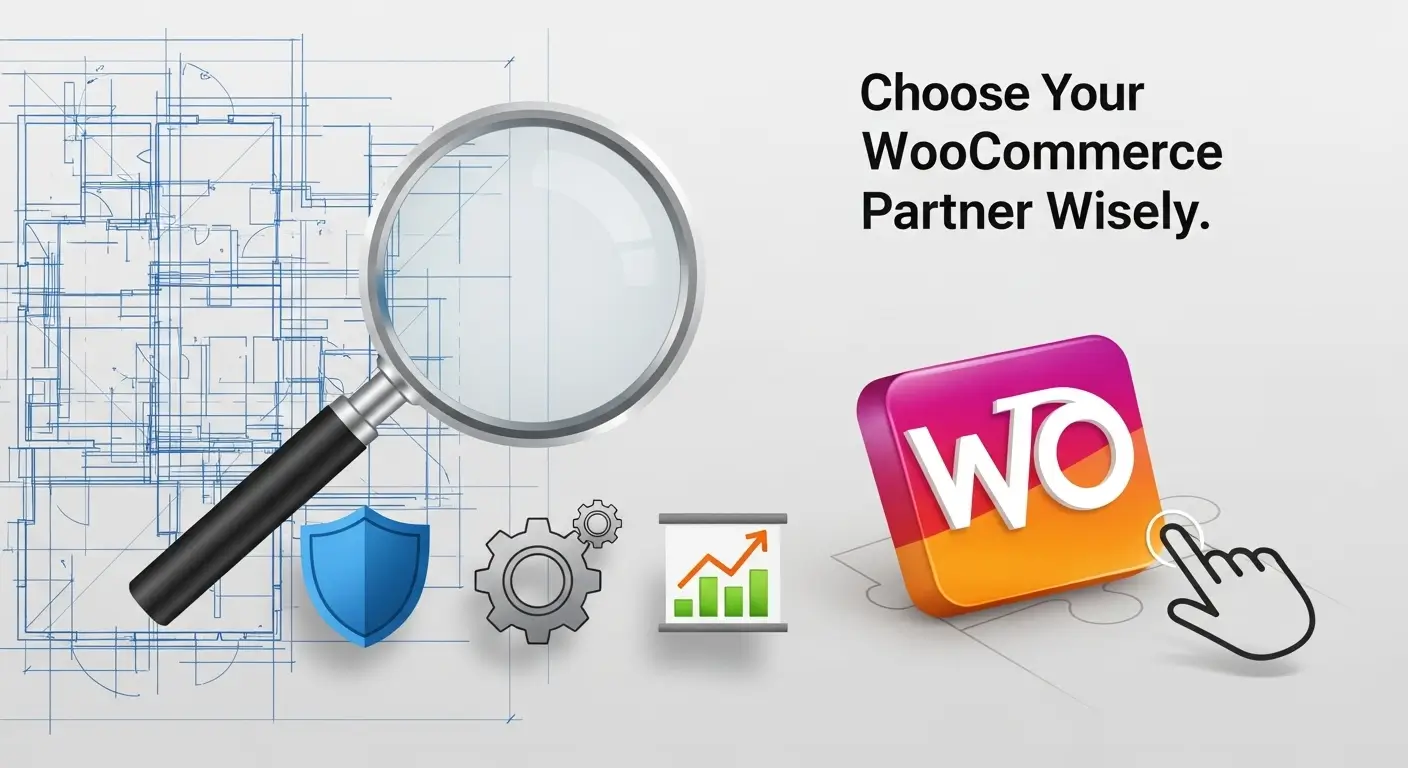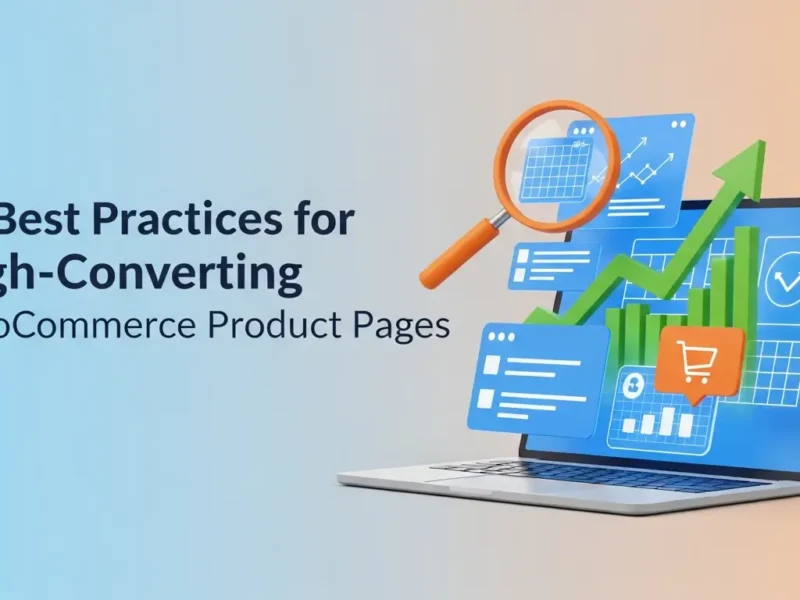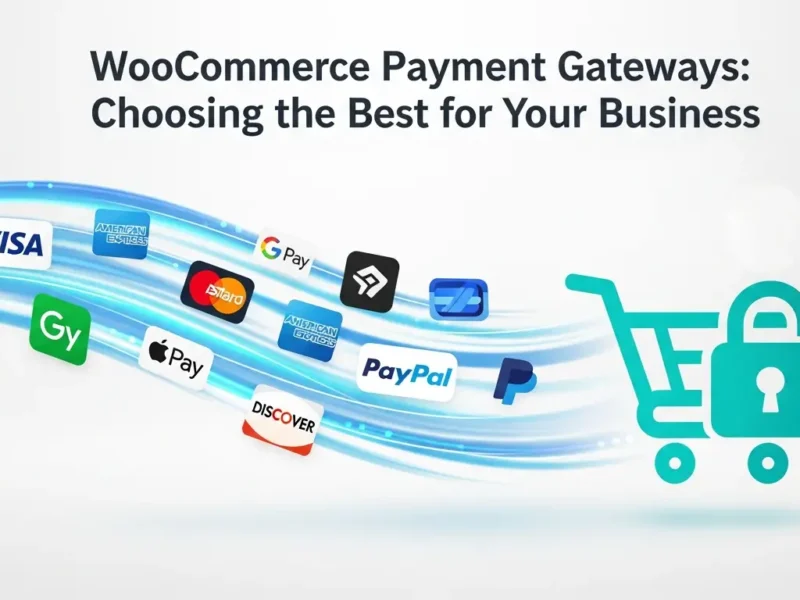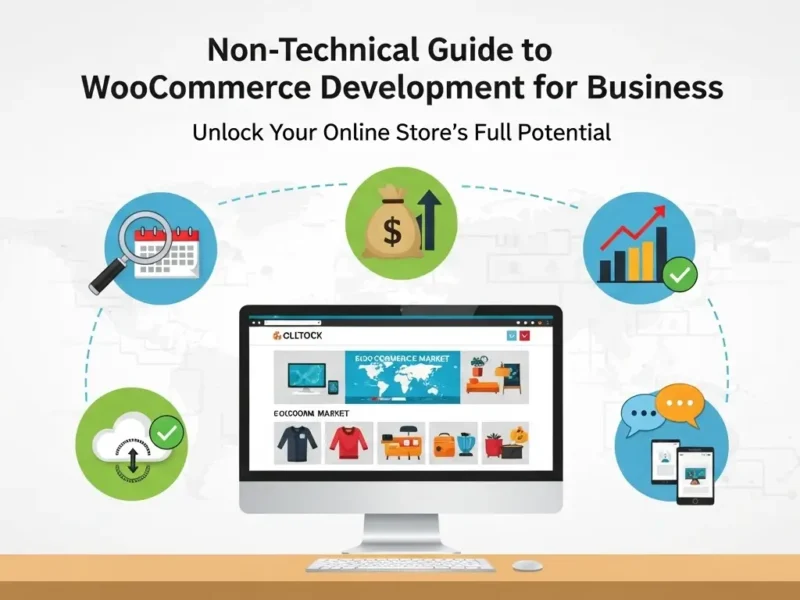The decision to launch or revamp an e-commerce store is monumental. While WooCommerce powers over 28% of all online stores, translating its powerful flexibility into a profitable business requires more than just installing a theme—it requires expertise. The complexity of integrations, scalability, security, and custom functionality means that choosing the wrong development partner can turn a promising project into a costly failure.
This comprehensive guide is designed to equip business owners, marketing managers, and entrepreneurs with the ultimate framework for vetting and selecting the best WooCommerce development company—a partner that aligns with your business goals and ensures long-term e-commerce success.
Why the Right WooCommerce Partner is Crucial for E-commerce Success
Before diving into the selection criteria, it’s vital to recognize that hiring a development firm isn’t just an expense; it’s an investment in your digital foundation. A professional WooCommerce development company does more than just write code; they build a strategy. They guarantee security, ensure optimal site speed (critical for SEO and conversion rates), and plan for future scaling—all elements often overlooked by inexperienced or low-cost freelancers.
The right partnership mitigates risk and accelerates your time-to-market with a platform built for performance.
Phase 1: Define Your Needs Before You Search
The biggest mistake companies make is starting the search without a clear roadmap. Before you even look at a single portfolio, define the scope of your project. This allows you to filter out unqualified providers immediately and communicate effectively with potential WooCommerce experts.
Key Questions to Answer Internally:
- Scope of Work: Are you building a site from scratch, migrating from another platform (like Shopify or Magento), or seeking specific custom features (e.g., advanced filtering, subscription models)?
- Budget and Timeline: What is your realistic financial range, and when does the site absolutely need to launch?
- Required Integrations: Do you need complex integrations with ERP systems, CRM, inventory management (PIM), or specific payment gateways?
- Internal Resources: Do you have internal staff to manage content and inventory, or will you need the agency to provide long-term maintenance and training?
- Scaling Needs: How many products do you expect to have in five years, and what level of traffic are you preparing for? (This tests their ability to handle scalability.)
Phase 2: Vetting the Candidates – Key Criteria for Selection
Once you have a defined project brief, you can begin the vetting process. Use the following criteria to evaluate and compare potential WooCommerce specialist companies.
1. Deep Technical Expertise and Portfolio Review
A polished website is easy to create, but real expertise is evidenced by demonstrable work and certifications.
- Review the Portfolio: Look beyond beautiful design. Ask specifically about projects involving complex back-end requirements, custom API integrations, high-volume transactional handling, and security hardening.
- Look for: Specific evidence of performance optimization (PageSpeed scores).
- Red Flags: Portfolios containing only basic brochure sites or template-driven stores.
- Technical Stack Proficiency: Do they specialize primarily in the WordPress/WooCommerce ecosystem, or is it a sideline service? The best WooCommerce developers are fluent in PHP, JavaScript, and understand database optimization (MySQL).
- Security Focus: E-commerce security is non-negotiable. Ask about their standard security protocols, including ongoing vulnerability assessments, robust server configurations, and expertise in GDPR/CCPA compliance.
2. Communication and Project Management
Development is a collaborative process. The quality of communication often dictates the project’s success or failure.
- Defined Process: A mature WooCommerce agency will have a clear, documented development methodology (Agile is standard). Ask how they handle scope creep, feedback loops, and deployment schedules.
- Dedicated Project Manager (PM): You should have a single point of contact responsible for overseeing tasks, managing timelines, and relaying information. This PM should have experience specifically managing e-commerce projects.
- Transparency: How often will you receive updates? Do they use standard tools like Jira or Trello? High transparency ensures you are never surprised by delays or technical issues.
3. Understanding E-commerce Strategy, Not Just Code
A great developer knowshowto build a site; a greatpartnerunderstandswhythey are building it andwhothe customer is.
- Conversion Rate Optimization (CRO): Does the company discuss abandoned cart recovery, user experience (UX) flows, and testing methodologies? A focus purely on features without considering conversion goals is a major drawback.
- SEO Expertise: E-commerce SEO requires specific optimization for product pages, category structuring, rich snippets, and site architecture. Ensure your chosen partner understands how to build your WooCommerce site for maximum search visibility from day one.
- Mobile-First Approach: Given that most e-commerce traffic originates on mobile devices, their designs and code must prioritize responsiveness and performance on smaller screens.
Phase 3: Analyzing Pricing and Post-Launch Support
The lowest bid is rarely the best value. When comparing costs, always assess what is included and what happens after launch.
Evaluating the Proposal
Compare itemized proposals, focusing on the breakdown of costs for discovery, design, development, and testing. Be wary of proposals that are vaguely defined or priced significantly lower than competitors, as this often indicates shortcuts or future hidden costs.
Post-Launch Support and Maintenance
E-commerce stores require continuous care. A strong development partner will offer robust support packages.
- Mandatory Ongoing Services:
- WooCommerce core and plugin updates.
- Proactive security monitoring.
- Bug fixes and performance tweaks.
- Disaster recovery and backup services.
- Training: Ensure they provide comprehensive training to your staff so you can manage product uploads, content updates, and basic inventory without constantly requiring developer intervention.
Make Your Final Selection
Choosing the best WooCommerce development company is about aligning your business vision with their technical capabilities and strategic insight. By following this detailed vetting process—defining needs, scrutinizing portfolios, and prioritizing communication and security—you are set up to select a development partner that won’t just launch your store, but will actively contribute to its growth and profitability for years to come.



